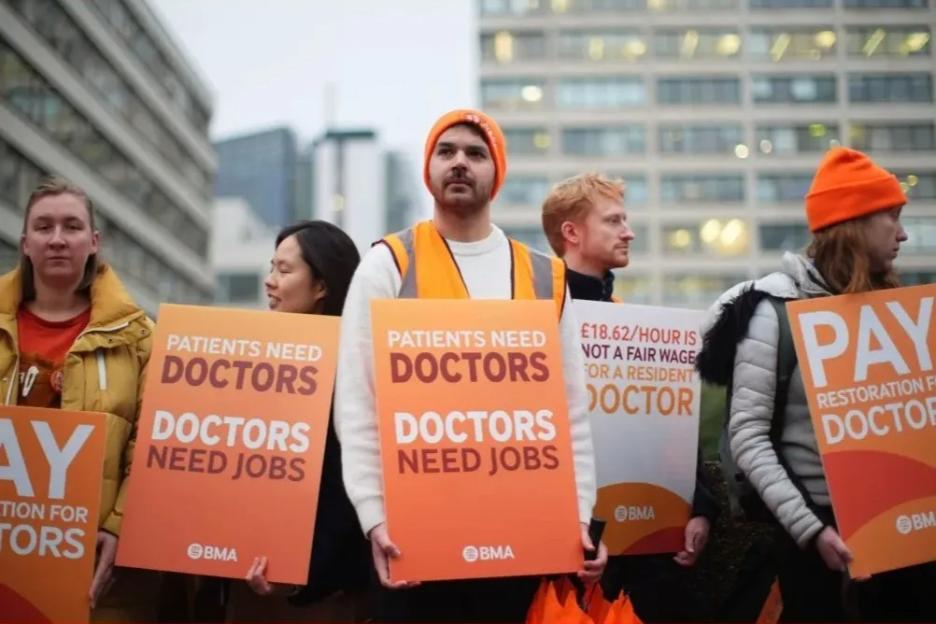Two men who allege they were sexually abused as children by Michael Jackson can revive a lawsuit against his companies, judges at a US court ruled.
Wade Robson and James Safechuck, both in their 40s, claim Jackson abused them for years while they were boys.
They can now pursue previously blocked lawsuits against the singer's companies. They say these companies had a responsibility to protect them.
Lawyers for Jackson, who died in 2009, maintain his innocence.
Mr Robson and Mr Safechuck claim they were abused by Jackson in the late 1980s and early 1990s while staying at his Neverland ranch.
The accusations featured in the 2019 documentary Leaving Neverland, which Jackson's family described as a "public lynching".
Michael Jackson and 10-year-old James Safechuck in 1988In 2020, a Los Angeles judge ruled Mr Safechuck could not sue Jackson's businesses, saying the companies didn't have a duty of care to him.A year later, the same judge ruled against Mr Robson on similar grounds.
But on Friday, an appeals court in California disagreed, ruling that "a corporation that facilitates the sexual abuse of children by one of its employees is not excused from an affirmative duty to protect those children merely because it is solely owned by the perpetrator of the abuse".
"It would be perverse to find no duty based on the corporate defendant having only one shareholder," the court judgement said. "And so we reverse the judgments entered for the corporations."
Vince Finaldi, a lawyer for Mr Safechuck and Mr Robson, said that the court had overturned previous "incorrect rulings in these cases, which were against California law and would have set a dangerous precedent that endangered children".
Jonathan Steinsapir, a lawyer for Jackson's estate, said he was "fully confident" Jackson was innocent, saying the allegations were "contrary to all credible evidence and independent corroboration".





